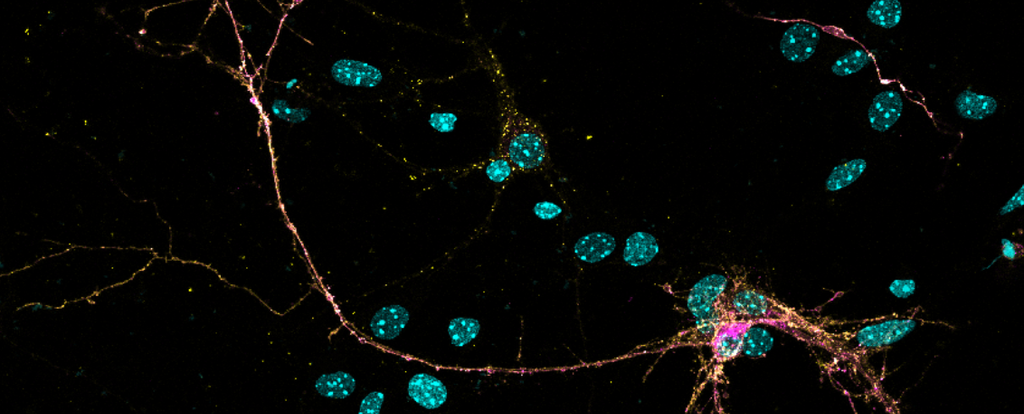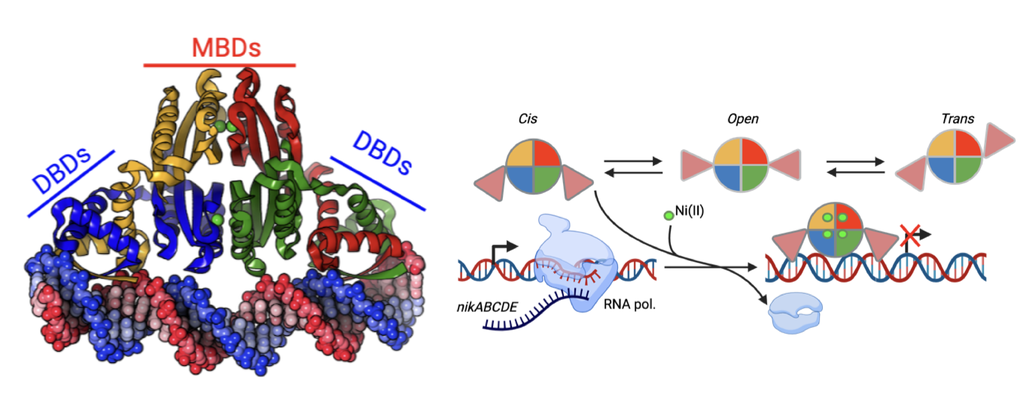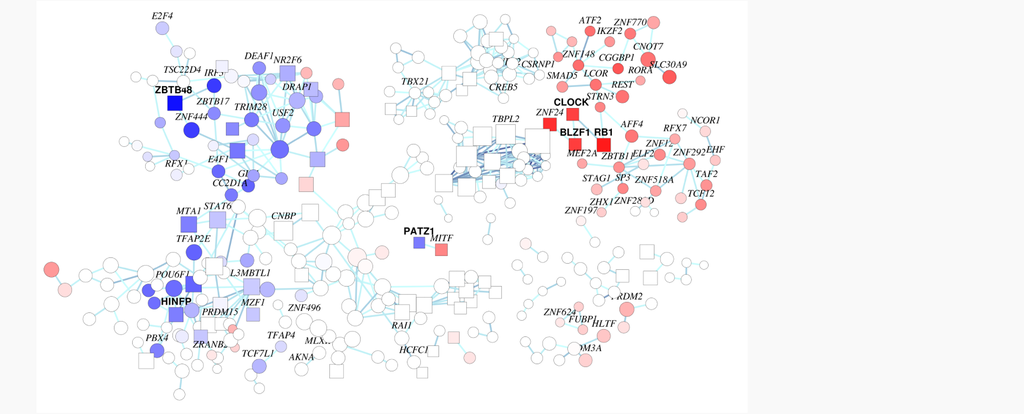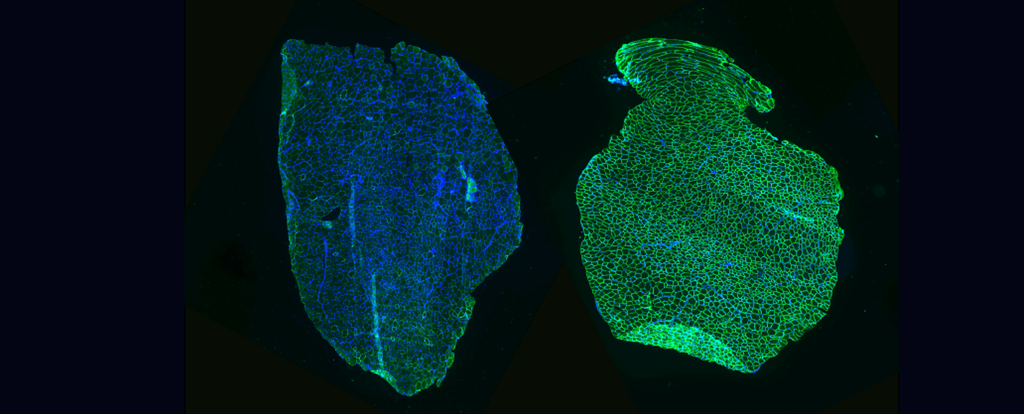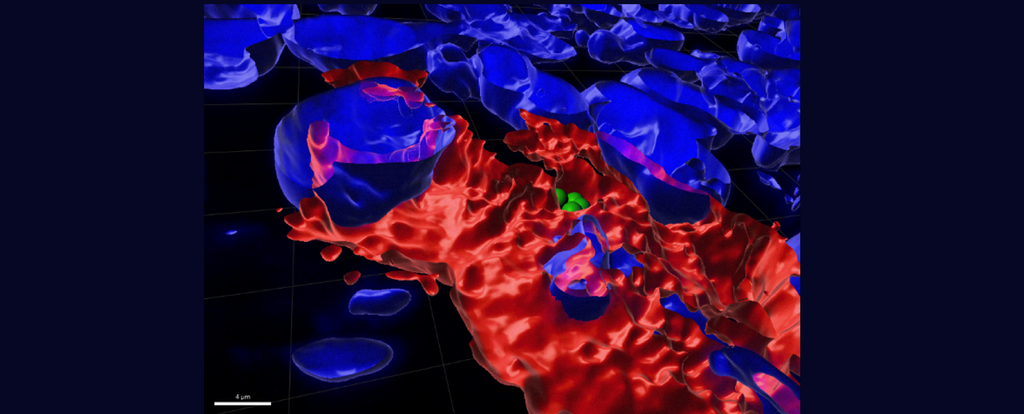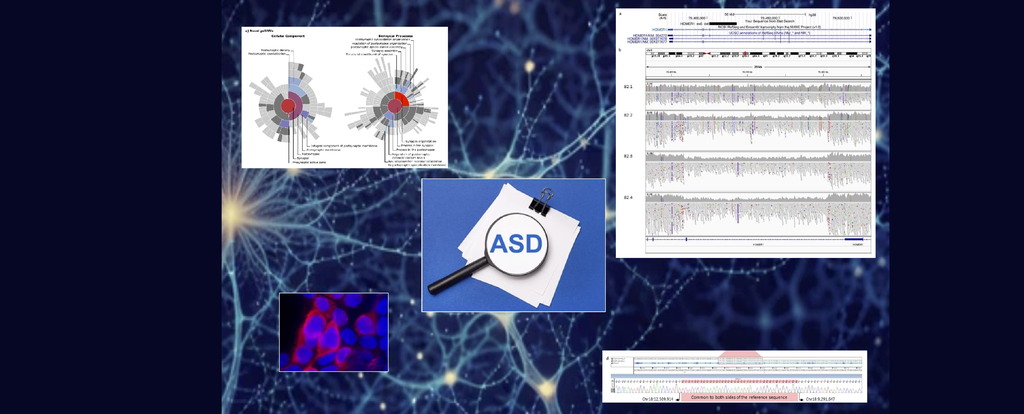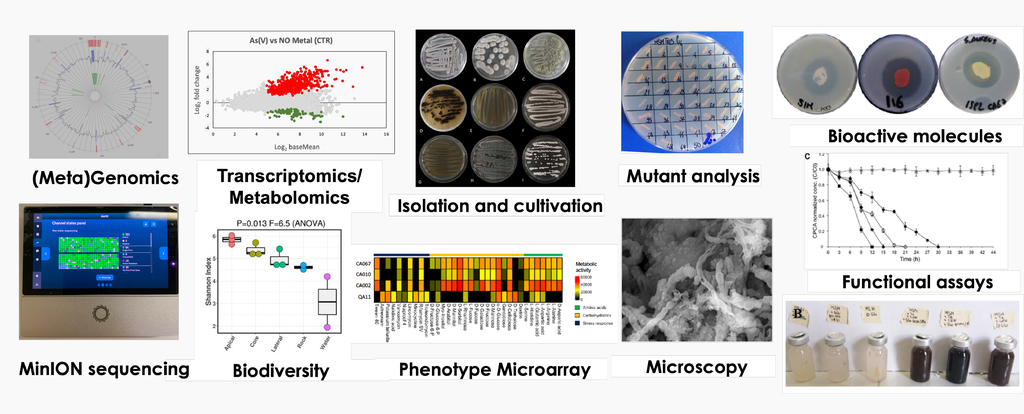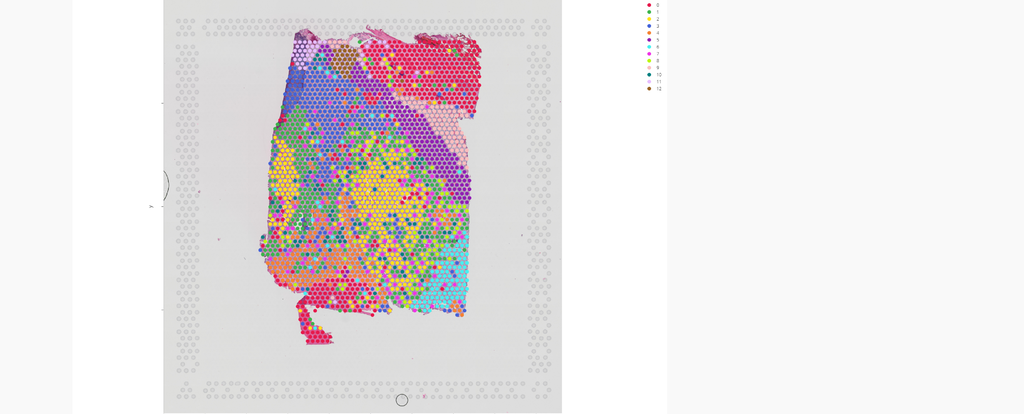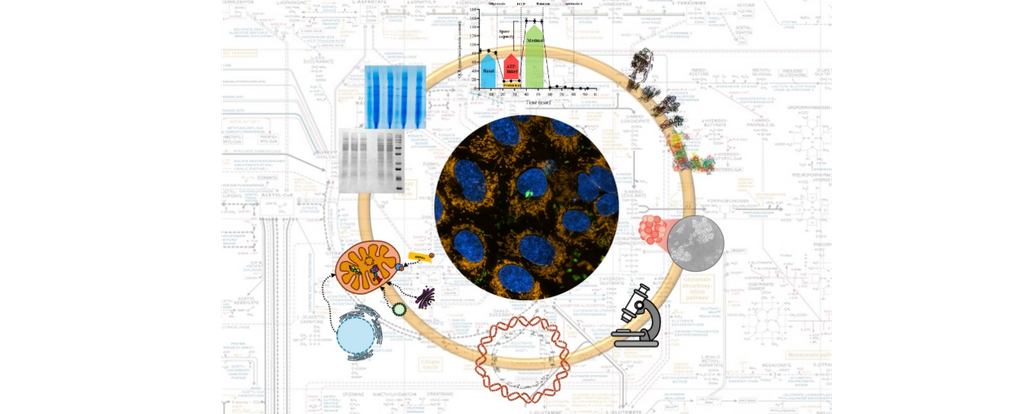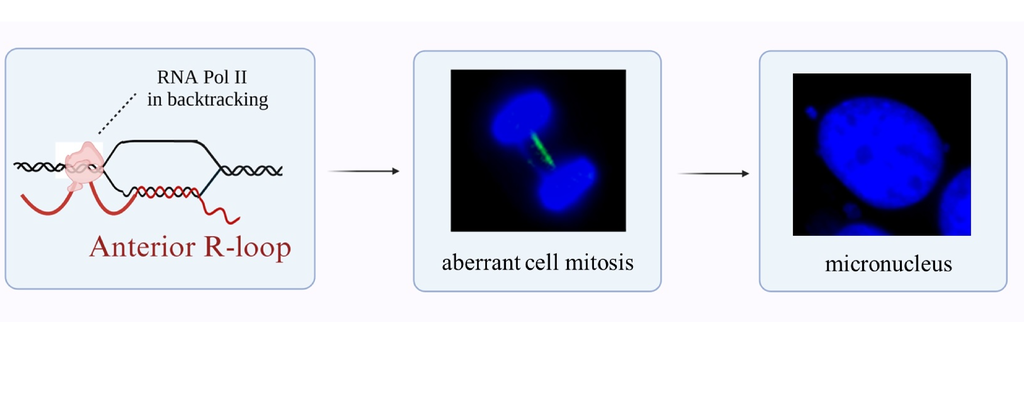PhD
The PhD program in Cellular and Molecular Biology offers top-level research projects and training on complementary skills in a multidisciplinary research environment.
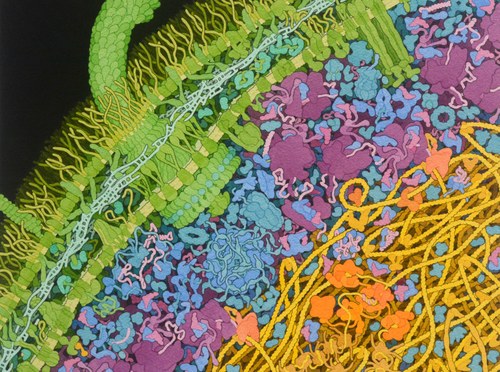
Illustration by David S. Goodsell, RCSB Protein Data Bank. doi: 10.2210/rcsb_pdb/goodsell-gallery-028
BRIEF PRESENTATION
The Department of Pharmacy and Biotechnology (FaBiT) provides extensive educational background and possibilities in a wide variety of Biological and Chemical research topics necessary to meet future scientific challenges by sponsoring two Ph.D. programs hosting more than 50 Ph.D. candidates. The Ph.D. program in Cellular and Molecular Biology offers a multidisciplinary research environment with a broad spectrum of scientific activities and methodologies, and it is aimed at training enthusiastic and highly motivated candidates on their path to a scientific career in post-genomic sciences. The research groups participating in this program cover the areas of genomics and bioinformatics, cancer and neurological diseases, molecular and structural biology, microbiology, and plant physiology. Moreover, the program includes industrial and international research institutions with specific PhD student positions.
The duration of the Ph.D. program is three years. A dedicated program includes formal course lessons during the three-year frame (for a total of about 100 hours), covering advanced topics in Biochemistry and Bioinformatics, the use of small animals in science, research funded by the European Union, and basic knowledge of the protection of the Intellectual Property. Subsequent years are devoted mainly to research activity, seminars, and a yearly internal Ph.D. Workshop. At least one external Workshop should also be attended during this time. Each Ph.D. candidate will be responsible for a personal research project, tutored by a group leader, and s/he might spend a period (minimum three months) in a foreign research institution.
Research topics of the Ph.D. program in Cellular and Molecular Biology include:
- Cancer genome instability (Prof. Capranico, Prof. Marinello)
- Genetics Factors in Autism Spectrum Disorders (Prof. Maestrini, Prof. Bacchelli)
- Molecular biotechnology of phages for the development of theranostic vector platforms (Prof. Danielli)
- Computational and functional genomics (Prof. Ferrè)
- Mitochondria dysfunction in neurodegenerative diseases and mitochondria gene mutations in cancer (Prof. Porcelli, Prof. Ghelli, Prof. Iommarini)
- Computational transcriptomics of human gene networks (Prof. Giorgi)
- Molecular basis of neurodegenerative diseases (Prof. Monti)
- Gene expression regulation and editing in cancer and muscle disorders (Prof. Perini, Prof. Chemello)
- Molecular characterization of solid tumors (Prof. de Biase)
- Molecular mechanisms of redox signaling and energy metabolism regulations in plants (Prof. Trost, Prof. Sparla, Prof. Zaffagnini)
- Molecular and genetic basis of bacterial pathogenesis (Prof. Scarlato, Prof. Roncarati)
- Microbial and innate immune mechanisms at the start of infection (Prof. Oggioni)
- Molecular Environmental Microbiology and functional characterization of human and environmental microbial communities (Prof. Cappelletti, Prof. Vitali)
- Structures and functions of metalloproteins (Prof. Zambelli)
For a concise overview, please refer to the page of the faculty member responsible for each research project (Faculty members)
Highlights
-
Carriera, opportunità e servizi per i dottorandi - Career, opportunities and services for PhD students
UniBO Intranet containing useful links for PhD students (in Italian)
